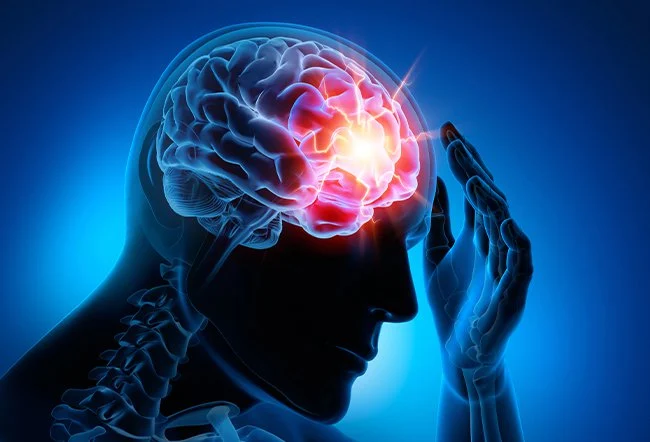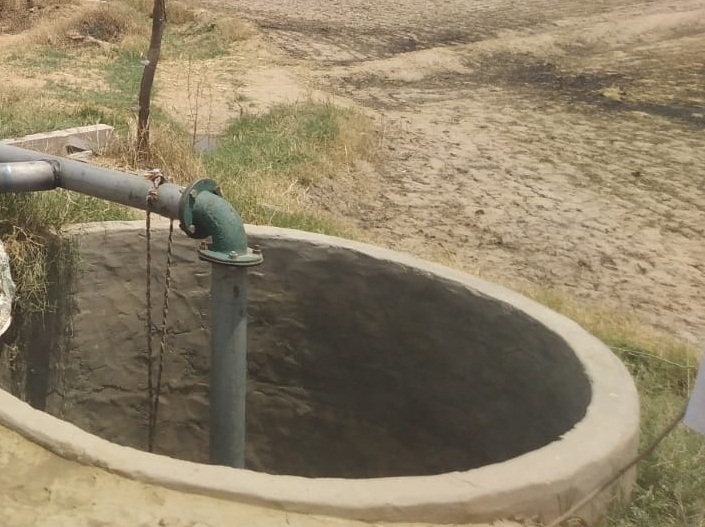If you are a sports fan, you may often hear about athletes “getting their bell rung” or sustaining a concussion.
When treating concussions, there are a few different options doctors will recommend. One of those options is vision therapy.
Table of Contents
ToggleWhat Is A Concussion?
A concussion is a type of traumatic brain injury (TBI) caused by a bump, blow, or jolt to the head that can change the way your brain works. Concussions can also occur from a fall or a blow to the body that causes the head and brain to move quickly back and forth.
Even though concussions are common, they are serious injuries that shouldn’t be taken lightly. If you think you may have a concussion, it is vital to visit the doctor right away. Such impact can lead to a number of symptoms, including headaches, dizziness, nausea, problems with memory and concentration, and mood changes.
These injuries are common in sports but can happen to anyone at any time. The main causes of concussions include:
- Falls
- Car accidents
- Sports injuries
- Assaults
What Is Vision Therapy?
Vision therapy is a type of physical therapy for the eyes and brain. It typically involves a series of exercises designed to improve vision and eye coordination. The goal of vision therapy is to help the brain learn how to better process visual information. The therapy can treat a wide range of injuries, including concussions.
Concussions can cause many symptoms, including headaches, dizziness, nausea, and fatigue. Vision therapy can help relieve some of these symptoms by helping the brain learn how to process visual information correctly again.
Types of Vision Therapy
There are a few different types of vision therapy that doctors may recommend for patients with concussions.
Optometric Vision Therapy
One type is called optometric vision therapy. This type of therapy typically involves a series of exercises in the office of an optometrist or ophthalmologist. The exercises may involve using special lenses, lights, and other devices.
Home-Based Vision Therapy
This type of therapy involves doing exercises at home with the help of a parent, guardian, or spouse. Special lenses, lights, and other devices can be part of this home therapy. Your doctor will create a custom plan for you based on your individual needs.
Behavioral Vision Therapy
Another type of vision therapy is called behavioral vision therapy. This type of therapy typically involves activities conducted at home, such as reading or watching television.
How Vision Therapy Can Help
Vision therapy for concussions can help the brain to learn how to correctly process visual information. It can help to improve symptoms such as headaches, dizziness, and fatigue. When the brain is able to correctly process visual information, it can help improve balance and coordination. This improvement can help to prevent falls and other injuries. If you think you may benefit from vision therapy, talk to your doctor. He or she can refer you to an optometrist or ophthalmologist.
What Else Is Vision Therapy Used For?
In addition to treating concussions, vision therapy can also treat a number of other conditions, including:
- Strabismus
- Amblyopia
- Convergence insufficiency
- Ocular motility disorders
- Visual processing disorders
Seek a Professional For Vision Therapy
If you show signs of a concussion, it is important to seek medical attention right away. A doctor will be able to diagnose a concussion and recommend the best course of treatment.
Your doctor may recommend vision therapy as part of your treatment plan after a concussion or other brain injury. If you think you may benefit from vision therapy, you have plenty of resources. Your medical professional can refer you to an optometrist or ophthalmologist.
These professionals can provide you with the care and treatment you need to recover from a concussion and get back to your life. Vision therapy is a safe and effective treatment for concussions. It can help to improve symptoms and prevent further injury.











